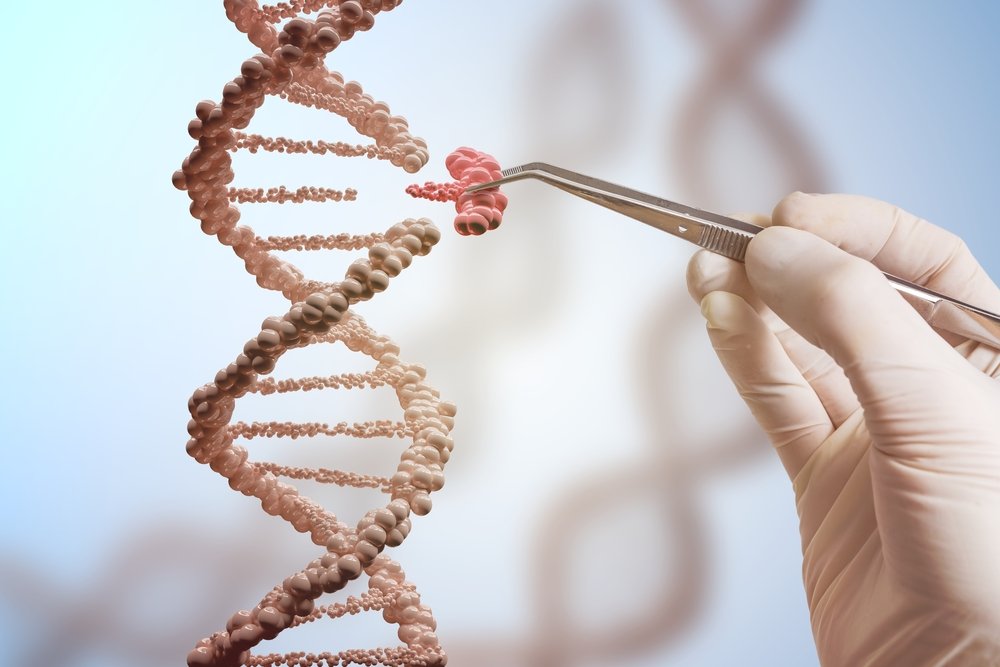Argentinian Receives Cure SMA Award to Research SMA Epigenetics
Written by |

Alberto Kornblihtt, PhD, professor and group leader at the Universidad de Buenos Aires in Argentina, has been awarded a $140,000 grant for a project examining genetic changes that affect how much SMN protein is produced from the SMN2 gene. The study may greatly impact the spinal muscular atrophy (SMA) research field.
Kornblihtt and his team plan to use epigenetic strategies to enhance the production of SMN protein from the SMN2 gene, with the goal of compensating for the missing SMN1 gene in SMA patients. Epigenetics is the study of potentially heritable changes in gene expression (active versus inactive genes) that do not involve changes to the underlying DNA sequence — a change in phenotype without a change in genotype.
The grant awarded by Cure SMA and FAME (Families of SMA, Argentina) will help Kornblihtt’s lab to conduct this project, which ultimately aims to discover potential drugs that, by affecting epigenetic features of the SMN2 gene, help to produce more functional SMN protein.
On Dec. 23, Spinraza (nusinersen) became the first treatment approved by the U.S. Food and Drug Administration (FDA) for SMA in both infants and adults. The drug is an antisense oligonucleotide (ASO) that consists of small pieces of synthetic material that bind ribonucleic acid (RNA).
However, while Spinraza ensures that the protein produced from the SMN2 gene contains all the key building blocks needed for its correct functioning, it accomplishes this through a different mechanism than the epigenetic drugs that the researchers will be looking at in the new project. The epigenetic strategies to be investigated in the new project could be used in combination with SMN-enhancing approaches, such as Spinraza, to achieve greater benefit for those with SMA.
“This research may result in therapies that work by epigenetic mechanisms. These therapies could potentially be used in combination with SMN-enhancing drugs, such as Spinraza, to improve effectiveness in patients,” Kornblihtt said in a press release.
Kornblihtt graduated as a biologist (1977) from the School of Sciences at the University of Buenos Aires (UBA) and obtained a PhD in Biochemistry (UBA, 1980) at the Campomar Foundation. He currently serves as Plenary Professor at the Department of Physiology, Molecular and Cell Biology of UBA and Director of the Institute of Physiology, Molecular Biology and Neurosciences of the National Research Council (IFIBYNE-UBA-CONICET) of Argentina.
“My lab works on the regulation of alternative splicing, explaining how a single gene is able to make multiple proteins. We have discovered one of the mechanisms that cells use in order to regulate alternative splicing. We have also investigated how DNA damage and epigenetic changes impact the alternative splicing of genes. We plan to use our vast knowledge on the regulation of alternative splicing to develop new tools to enhance the production of SMN protein,” Kornblihtt said.






